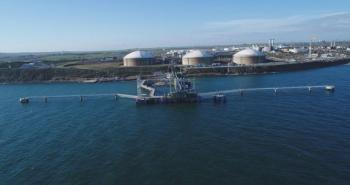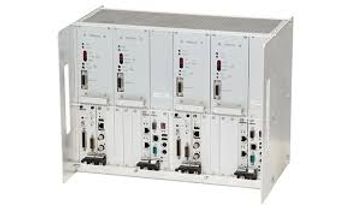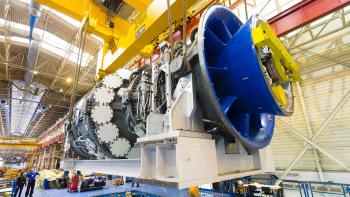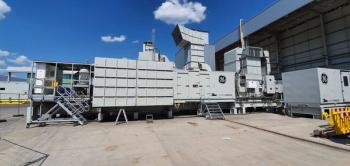
DOE Nominates GE Vernova to Lead Assessment of DAC Hub
GE Vernova will conduct a pre-feasibility assessment for a direct air capture (DAC) system near Houston, TX.
The Department of Energy (DOE) awarded GE Vernova a two-year, $3.3 million pre-feasibility study to analyze the viability of a DAC system powered by nuclear energy near Houston, TX. The DAC system design utilizes GE Hitachi’s BWRX-300 small modular reactor (SMR) and renewable electricity to capture CO2 for storage or distribution as a value-added product.
“Our pre-feasibility study proposes to draw upon our full suite of energy generation assets and capabilities in ways only GE Vernova can, including carbon-free nuclear and renewable electricity, to create what we believe will be a cost-effective solution for removing millions of tons of CO2 from the atmosphere,” said Matt Guyette, Director, Advanced Research at GE Vernova.
Integrating the heat and power from the 300 MWe BWRX-300 with the DAC system could achieve the lowest cost of carbon removal. Upon completion, the hub is projected to remove 1 million tons of CO2 from ambient air per year.
The award negotiations are part of the first round of funding announced from the President’s Bipartisan Infrastructure Law-funded Regional DAC Hubs program. The final terms and scope of the study will be determined during award negotiations between GE Vernova and the DOE.
GE Vernova is also engaging in award negotiations for two additional DAC hubs, one located in Colorado and the other in Florida.
“The learnings and sheer potential of these DAC hub studies will only drive greater momentum around our plans to deliver an economical and commercially scalable solution before 2030,” Guyette said. “We believe that our world-leading materials science research, combined with the unique ability to integrate a wide range of energy assets from across the GE Vernova portfolio, positions us well to be a major player in this emerging industry for decades to come.”
Newsletter
Power your knowledge with the latest in turbine technology, engineering advances, and energy solutions—subscribe to Turbomachinery International today.




